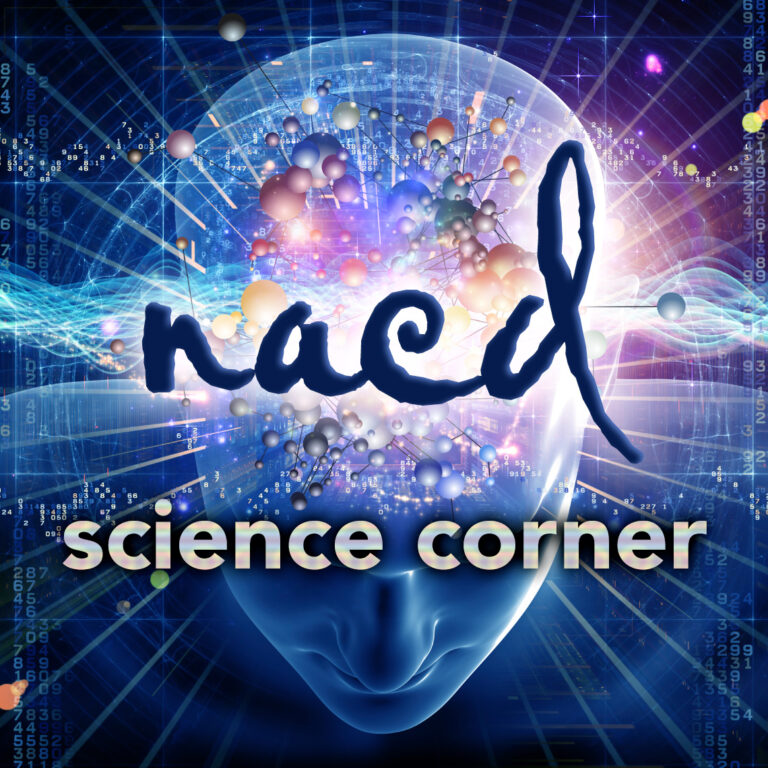In My Travels
Robert J. Doman, Jr.
In my travels and encounters with parents and professionals, I have had the opportunity to observe influences and attitudes that have either helped or impaired the development of our children, influences that either saved or condemned children.
If I were to identify those things in my education and development which were the most significant and positive aspects, they would not be my various opportunities to gain specific information and expertise. It would be those opportunities that gave me the chance to observe and/or take part in the process of creating theories and techniques for a problem that previously had no hope or procedure.
There are very few absolutes, but there are many realities. A severely hurt child or a comatose child may remain in his isolated state, or he may die. These are realities. All comatose children do not die because of their injuries, nor do they all recover function. Their future is not an absolute. If we do little, they have little chance; if we do a lot, they have a better chance. This is a reality.
Parents say, “Let’s try.” The professionals unfortunately often ask, “Where is the research?” The implied meaning of this question is: if everyone is not doing it, if my professors at school did not tell me to do it, it must be wrong. Doing what the professors say is safe, eliminates responsibility, stifles development, and deprives many children of a chance.
Where there is life, there is hope. Our data is living data our children! Recall the cliché, “The operation was a success, but the patient died!” This idea unfortunately speaks for the state of affairs in the world of medicine and education. “We followed the established procedures and we did our job. It’s not our fault Johnny can’t read, Billy can’t walk, or Tommy died.”
At NACD, if Johnny still can’t read, if Billy still can’t walk, and if Tommy still died, we failed. No, we can’t help them all but our job is to try, and trying does not mean we complacently follow the book. The book has never been, and never will be, enough. It is always too old and Johnny rarely completely fits the description. At NACD our perception of our role is to accumulate, extrapolate, expand, and create knowledge. Johnny’s problem is not going to go away unless we find a way to make it go away.
The development of The National Association for Child Development has been marked by the open and positive attitudes of our members and staff. We welcome those who have the strength to accept the responsibility and to work at opening previously closed doors for our children.
Reprinted from the Journal of The NACD Foundation (formerly The National Academy for Child Development)



